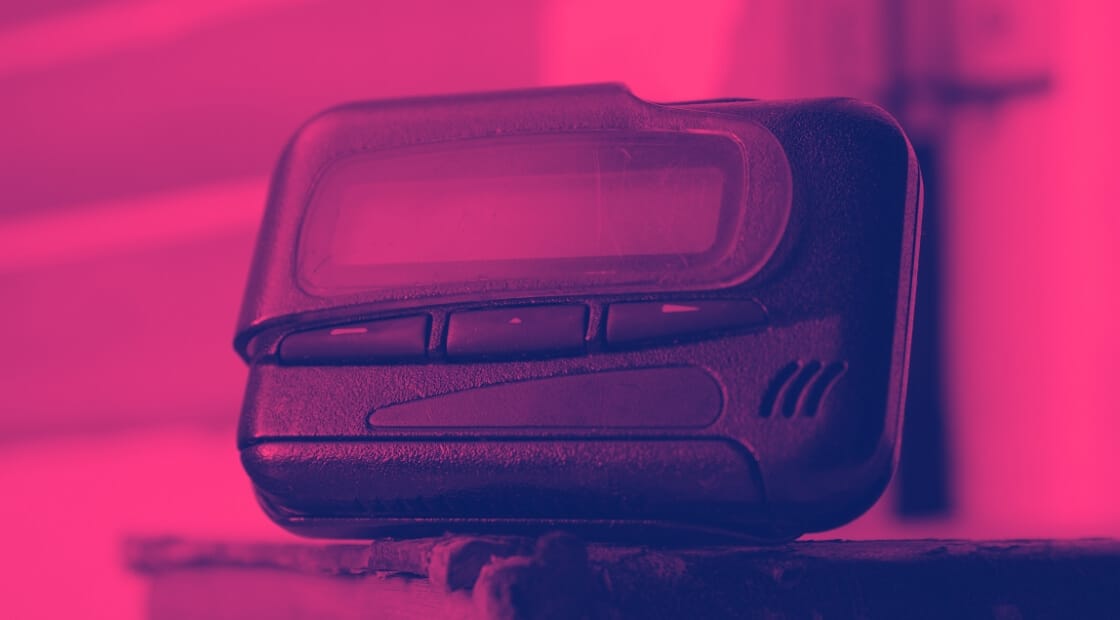Security Briefing: Can device tampering affect your bitcoin?
An emerging attack vector in an international conflict has implications for bitcoin storage. Learn more in this week's briefing...
$243 million drained from victim's Bitcoin Core wallet, arrests made

Crypto sleuth ZachXBT just released details behind an investigation into a $243 million theft that led to multiple arrests.
According to the report, three malicious actors contacted a victim in August via spoofed numbers and pretended to be support representatives at Google and Gemini. They then tricked the victim into switching their two-factor authentication and sending assets from Gemini to a breached wallet. The actors also convinced the victim to share their screen via a remote desktop application, through which they siphoned off private keys from Bitcoin Core.
In total, the theft contained 4,064 BTC, which was split, sent to more than a dozen exchanges, and converted into other crypto assets.
The actors were reportedly sloppy, with some leaking their real names and one flashing newfound wealth at clubs. Two people were arrested Wednesday.
🔑 Key Insight: Don't hold hundred of millions of dollars on a single-signature hot wallet. For that amount, we highly recommend using a multisignature wallet such as a Casa vault.
Exploding pagers, walkie-talkies in Lebanon and Syria bring attention to electronic device safety

A wave of exploding devices in Lebanon and Syria is prompting users around the world to look at their everyday gadgets differently.
The explosions began on Sept. 17 when hundreds of pagers held by Hezbollah members detonated around the same time, killing a dozen people and wounding thousands. The next day, a slew of walkie-talkies and solar energy systems reportedly detonated.
Not much is yet known about the cause or methodology behind the explosions, but the sabotage is widely suspected to be the result of supply chain breaches and the insertion of an explosive charge in otherwise normal devices.
Many have wondered if such a scheme could be performed on other battery-powered devices like smartphones and computers. The answer is theoretically yes if they fall into the wrong hands. In fact, these devices can explode just from faulty lithium batteries, although this is rare.
🔑 Key Insight: Supply chain attacks can be a threat to your bitcoin as well. Devices can be tainted in many ways, and Casa has carefully considered this attack vector since we began.
Watch: Get to know Casa with Nick Neuman and Natalie Brunell
Are you wondering about self-custody, multisig, and how to protect your bitcoin for the next bull market?
Recently, our CEO Nick Neuman sat down with Natalie Brunell, host of the Coin Stories podcast, for an overview of how Casa works all the way from self-custody to inheritance. Learn the keys to securing your bitcoin below.
💡Security tip: Sometimes, our online privacy is affected by actions we took in the past. Did you know you can ask to have content about you removed from search engines? You can send Google a take-down request here.
Never miss an update
Want to learn ways to secure your bitcoin and other parts of your life? Our weekly Security Briefing help you stay informed of the latest developments in security from hacks to new exciting technology. Sign up below.
